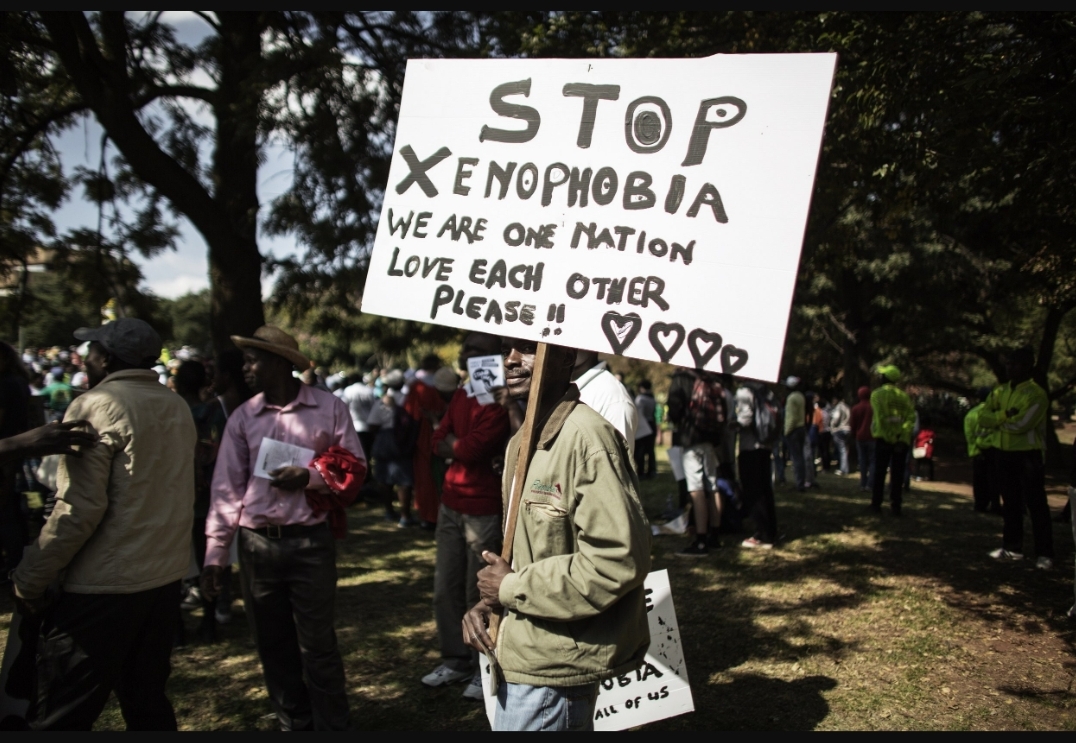Racism, in its various forms, continues to plague societies around the world, perpetuating discrimination, inequality, and injustice. While much attention has been rightfully focused on historical instances like white racism during apartheid or contemporary issues like reverse racism in South Africa, it’s imperative to recognize that racism in any form is detrimental to society as a whole. It undermines the principles of equality, human dignity, and social cohesion that are essential for a thriving, inclusive community.
One of the most insidious aspects of racism is its ability to mutate and manifest in different contexts. In South Africa, the legacy of apartheid has left deep scars, and efforts to address historical injustices and promote reconciliation remain ongoing. However, the emergence of reverse racism, characterized by discrimination against certain racial or ethnic groups, presents a troubling setback in the journey toward true equality.
Employment discrimination based on race and nationality in South Africa is a stark example of how racism can manifest itself even in societies that have fought against systemic oppression. Policies and practices that prioritize one group over another based solely on race perpetuate division and hinder progress toward a more just and inclusive society. They not only deny individuals opportunities based on their inherent worth and abilities but also contribute to intergroup tensions and resentments.
Furthermore, it’s crucial to recognize that racism is not confined to specific regions or historical contexts. It exists in various forms across the globe, affecting individuals of all backgrounds. Whether it’s the marginalization of minority communities, the scapegoating of immigrants, or the perpetuation of harmful stereotypes, racism undermines the fundamental principles of equality and human rights.
Combatting racism requires a multifaceted approach that addresses both its systemic roots and its manifestations in everyday interactions. Education plays a vital role in challenging ingrained prejudices and promoting empathy and understanding across diverse communities. By fostering dialogue and critical thinking, we can confront stereotypes and misconceptions and build bridges of solidarity and cooperation.
Legislation and policies are also essential tools in the fight against racism. Laws that prohibit discrimination and promote diversity and inclusion in all aspects of society are crucial for creating environments where every individual has an equal opportunity to thrive. However, effective implementation and enforcement are equally important to ensure that these laws translate into tangible change on the ground.
Beyond legal and institutional measures, combating racism requires collective action at the grassroots level. Individuals and communities must actively challenge racist attitudes and behaviors, whether in the workplace, schools, or public spaces. By standing up against injustice and advocating for equality, we can create a culture that celebrates diversity and respects the dignity of every human being.
Ultimately, eradicating racism requires a commitment from all sectors of society – governments, institutions, communities, and individuals – to confront prejudice, promote inclusivity, and uphold the principles of equality and human rights. By working together, we can build a future where racism has no place, and where every individual is valued for who they are, regardless of race, ethnicity, or nationality.



Average Rating